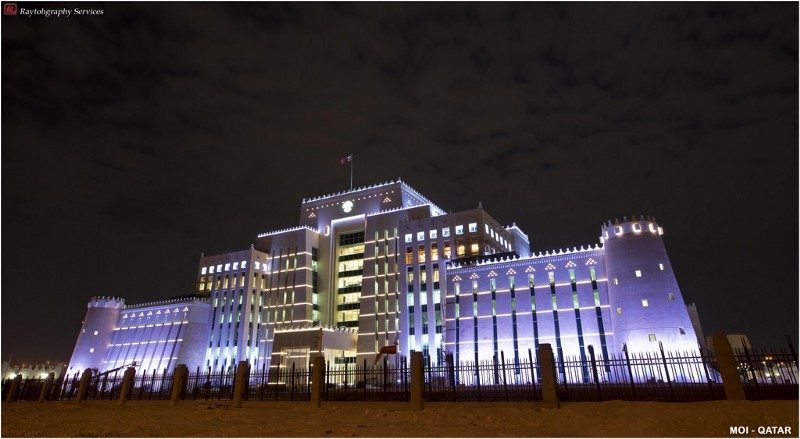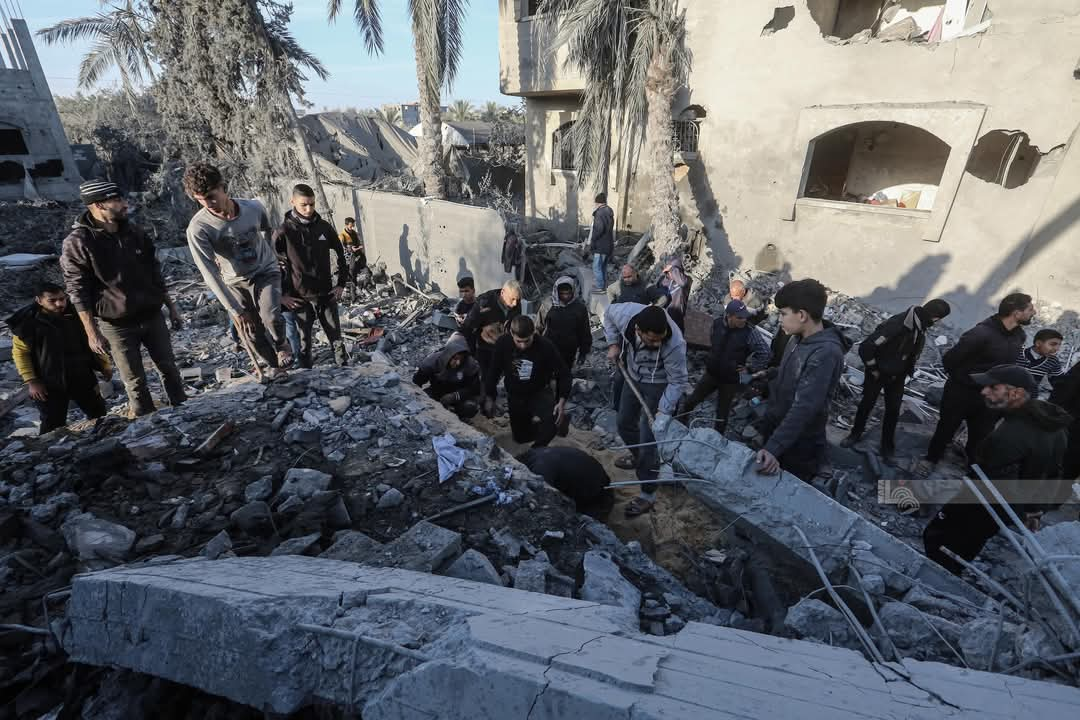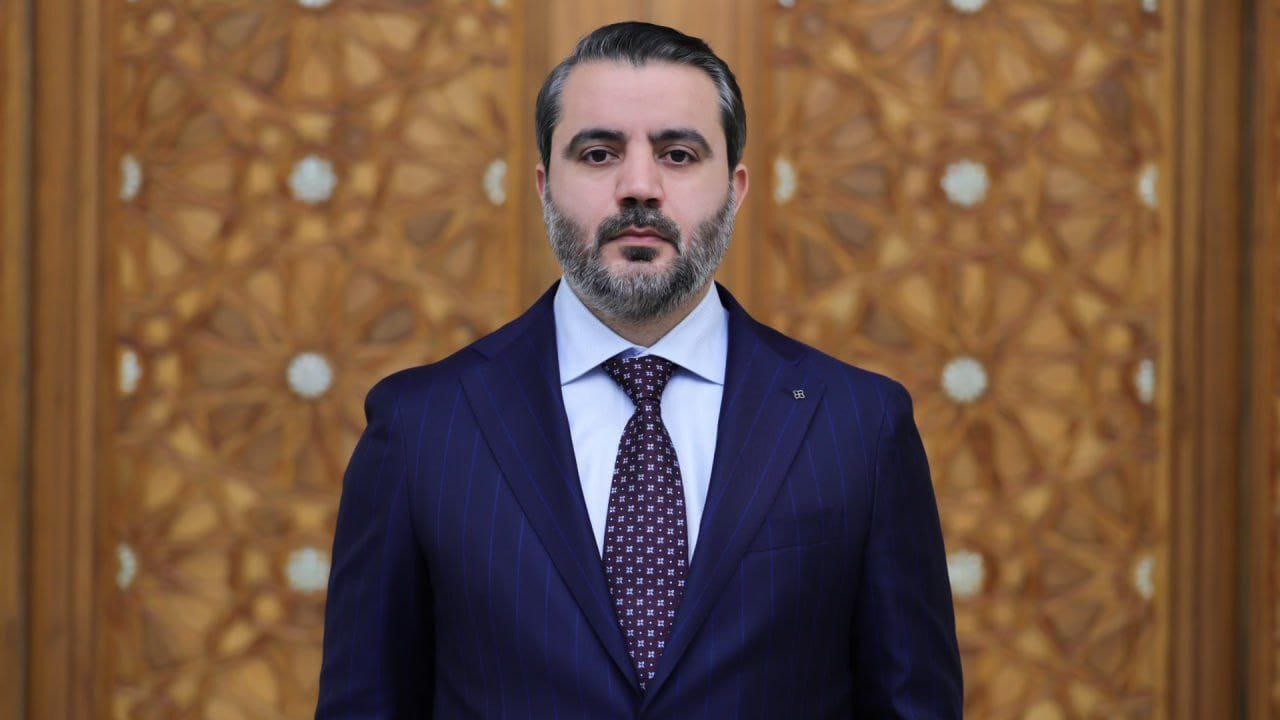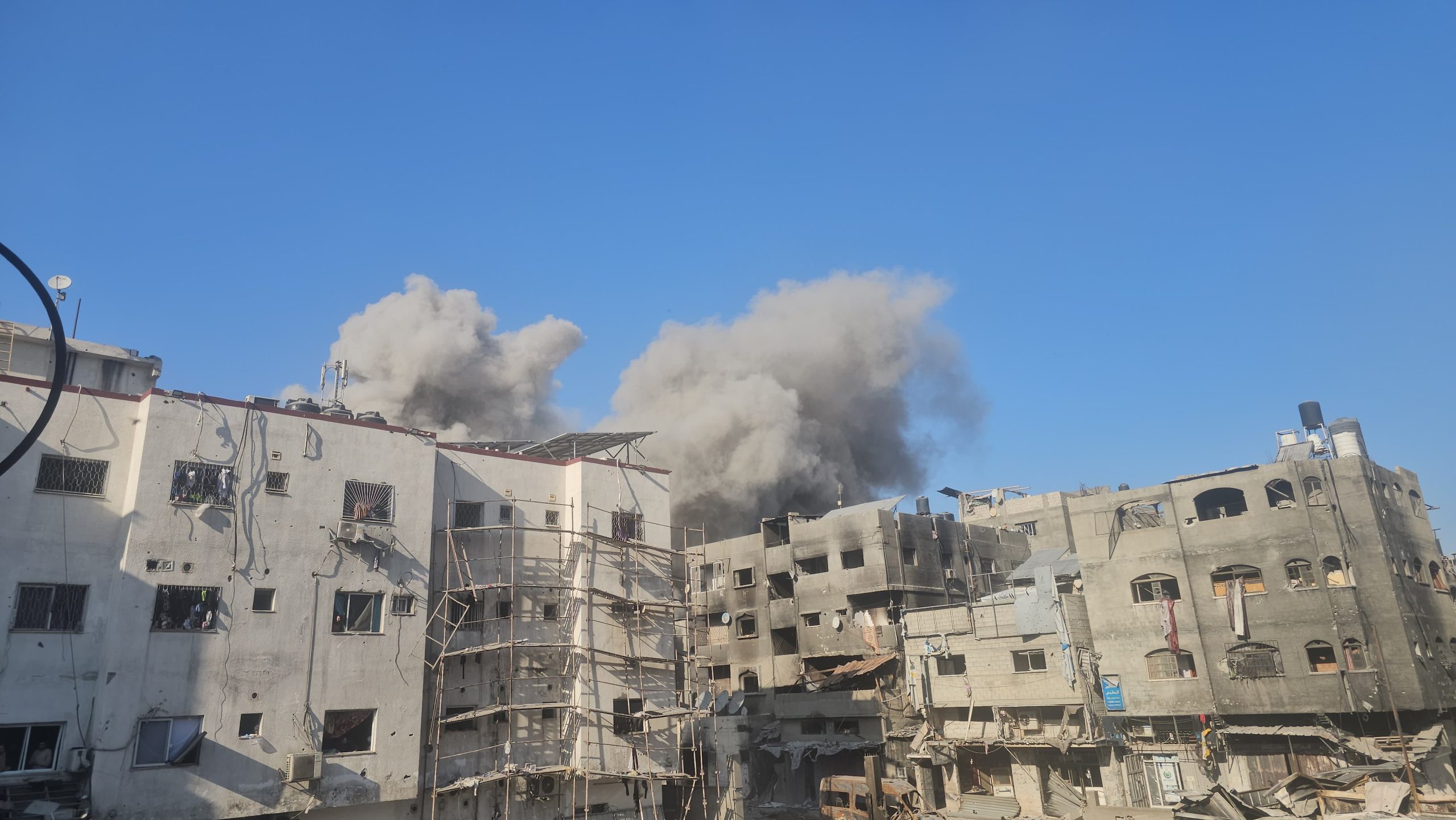
The cyber attack on Qatar that kicked off the Gulf dispute had been carefully planned and executed over a several-week period, officials have announced.
On May 23, Qatar News Agency (QNA) and its social media sites posted offensive remarks attributed to the Emir, infuriating the country’s neighbors.
But QNA had actually been infiltrated more than a month before the attack, authorities said during a press conference yesterday.
The investigation team of #QNA website hacking disclosed the details of hacking at a press conforence today. #MOI_Qatar pic.twitter.com/icCUcJTHbK
— Ministry of Interior (@MOI_QatarEn) July 20, 2017
Officials stopped short of naming who it held responsible for the hacking, mostly referring to IP addresses from “siege countries.”
But they did say that the attack “originated in the UAE.”
And Al Jazeera quotes the MOI’s Capt. Othman Salem al-Hamoud as saying the hack “was so professional that it had to have ‘state resources’ behind it.”
Days ago, US intelligence officials also pointed the finger at the UAE, though the country itself has denied any involvement.
What happened
A hacker first gained access to QNA’s website on April 19, officials said.
He then “started increasing his control of the network by deploying more sophisticated malware programs.”
On April 28, he collected addresses, passwords and emails of all employees.
Chronological order of the hacking incident that took place on May 24. [English subtitles at 0:31] (#Qatar MOI)pic.twitter.com/9LPijpaj95
— Reem Al-Harmi ريم الحرمي (@Reem_AlHarmi) July 20, 2017
And on May 20, he carried out a final check of “malicious programs, confirming effectiveness in preparation for an attack,” MOI officials said.
The hackers “used innovative methods to hide their identity.”
But “technical evidence” confirmed interactions with people whose IP addresses originated from “siege countries,” they added.
Next steps
When the cyberattack took place, Qatari officials immediately dismissed the posted remarks as false.
But neighboring countries doubted that Qatar had been hacked in the first place and took the statements at face value.
The fallout led to Al Jazeera being blocked in Saudi Arabia and the UAE.
And less than two weeks later, those countries, as well as Bahrain and Egypt, announced a boycott against Qatar.
The move was to pressure Qatar to fall into line with GCC politics. But the country has so far refused to do so.
#Infographic
Government Communications Office Director @saifaalthani Statement regarding the cyber-attack against #Qatar News Agency.#MOFA pic.twitter.com/OgdCb1UESO— Ministry of Foreign Affairs – Qatar (@MofaQatar_EN) July 18, 2017
The quartet has since toned down its demands, and it remains unclear what will happen next in terms of the Gulf dispute.
As far the attack, Qatar said it will move ahead with legal measures to prosecute the perpetrators of the crime.
Thoughts?






